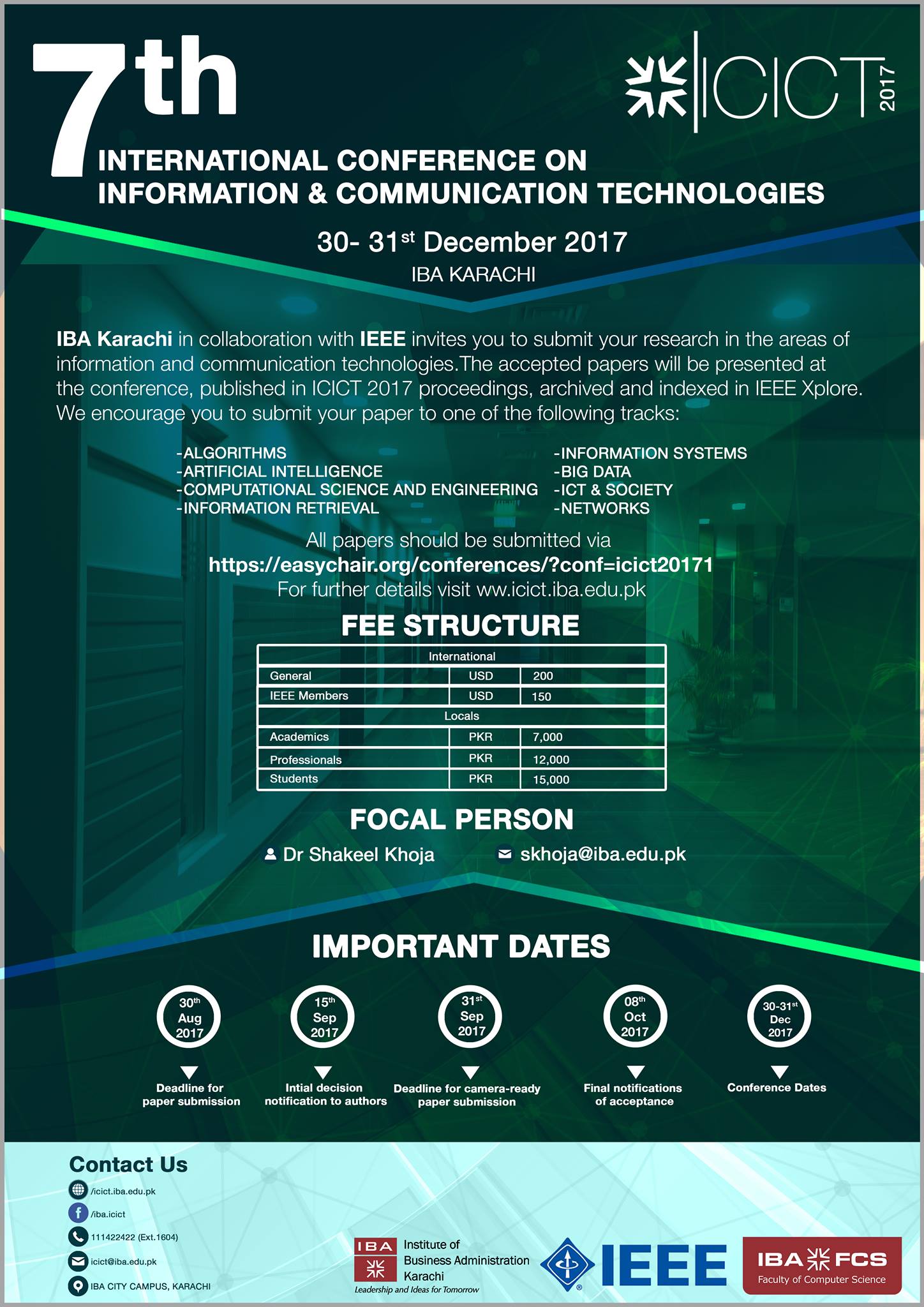Technical Papers Parallel Session-III: Connectivism: E-learning of democratic values on social media public spheres
Abstract/Description
Social media has become a key term in new participatory political discourse. This study aims to explore the role which social media plays to instill democratic values in behavior of university students of Lahore. Research tries to find evidence if social media likely to inculcate democratic values in behavior of university students. Data for this study was collected from a sample of 340 students, chosen from population of five universities with purposive technique to conduct quantitative survey research. The findings of study suggest that students learn democratic values including political freedom of expression, political tolerance, campaigning, voting knowledge and political participation through social media usage. Connecting with others on social media for democratic learning also verifies Connectivism theory. Social media has become a new type of public sphere where students discuss and learn politics, and build their opinions about politics. The results may help social and political scientist to understand how effectively social media's connectedness can be used for establishment of more diverse and democratic societies in future.
Keywords
Connectivism, Social media, Democratic valuese, Politics, Public sphere
Location
C9, Aman Tower
Session Theme
Technical Papers Parallel Session-III: Software & Information Systems
Session Type
Parallel Technical Session
Session Chair
Dr. Sufian Hameed
Start Date
30-12-2017 2:00 PM
End Date
30-12-2017 2:20 PM
Recommended Citation
Imran, M. S., Fatima, M., & Kosar, G. (2017). Technical Papers Parallel Session-III: Connectivism: E-learning of democratic values on social media public spheres. International Conference on Information and Communication Technologies. Retrieved from https://ir.iba.edu.pk/icict/2017/2017/53
COinS
Technical Papers Parallel Session-III: Connectivism: E-learning of democratic values on social media public spheres
C9, Aman Tower
Social media has become a key term in new participatory political discourse. This study aims to explore the role which social media plays to instill democratic values in behavior of university students of Lahore. Research tries to find evidence if social media likely to inculcate democratic values in behavior of university students. Data for this study was collected from a sample of 340 students, chosen from population of five universities with purposive technique to conduct quantitative survey research. The findings of study suggest that students learn democratic values including political freedom of expression, political tolerance, campaigning, voting knowledge and political participation through social media usage. Connecting with others on social media for democratic learning also verifies Connectivism theory. Social media has become a new type of public sphere where students discuss and learn politics, and build their opinions about politics. The results may help social and political scientist to understand how effectively social media's connectedness can be used for establishment of more diverse and democratic societies in future.


